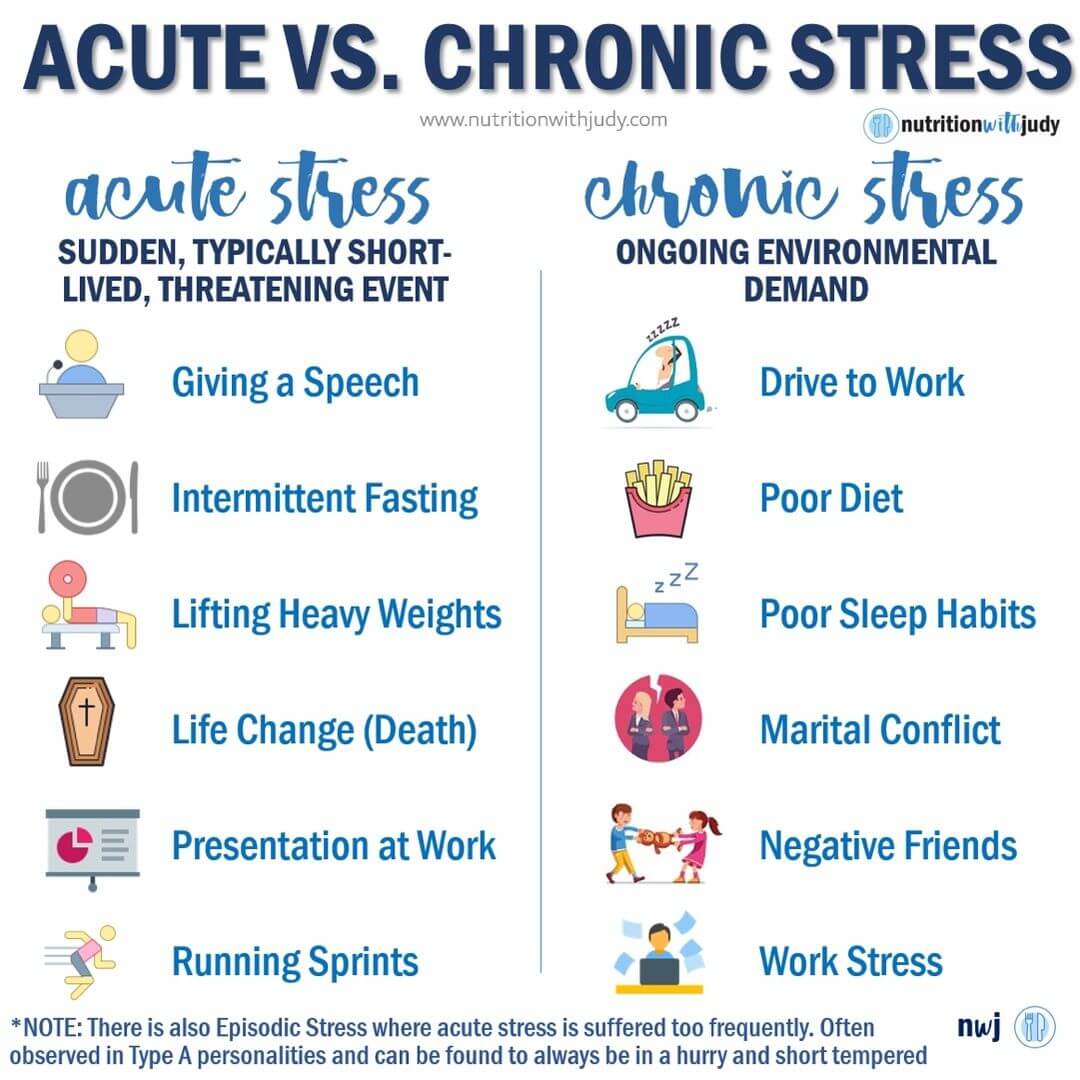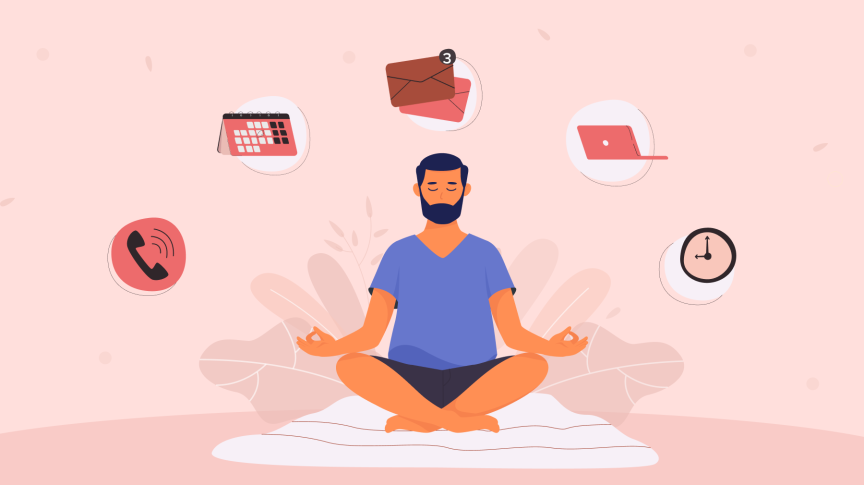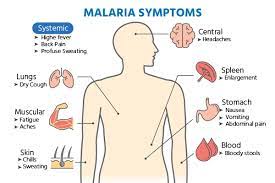The Psychology of Stress and its Impact on Mental Health

Stress is an inevitable part of life. It is a natural response to challenging situations, but when it becomes chronic or overwhelming, it can have significant adverse effects on mental health. This article explores the psychology of stress and its profound impact on mental well-being, shedding light on the mechanisms behind stress, its various forms, and strategies to manage and mitigate its negative consequences.
Understanding Stress
Stress is a physiological and psychological response that occurs when an individual perceives a threat or demand that exceeds their ability to cope. This response is hardwired into our biology, often referred to as the “fight-or-flight” response. When faced with stressors, the body releases hormones such as adrenaline and cortisol, which prepare it to react swiftly to perceived dangers.
Types of Stress
Stress can be categorized into two main types: acute stress and chronic stress.

- Acute Stress: This is the short-term stress response that helps us deal with immediate challenges. It can be beneficial in small doses, motivating us to perform well in high-pressure situations, such as job interviews or exams.
- Chronic Stress: When stress persists over an extended period, it becomes chronic. Chronic stress can result from ongoing issues like financial problems, relationship difficulties, or work-related stressors. It can take a severe toll on mental health.
Effects on Mental Health
Chronic stress can lead to a wide range of mental health issues, including:
- Anxiety: Prolonged stress can trigger excessive worry, restlessness, and panic attacks, contributing to the development of anxiety disorders.
- Depression: Chronic stress is a significant risk factor for depression, as it can lead to feelings of hopelessness, sadness, and a lack of interest in activities.
- Post-Traumatic Stress Disorder (PTSD): Traumatic experiences, often characterized by extreme stress, can result in PTSD, which manifests as flashbacks, nightmares, and severe emotional distress.
:max_bytes(150000):strip_icc()/what-is-ptsd-5084527-Final-1b6dff50ede842729039d6ecdf544dc5.jpg)
- Burnout: Prolonged workplace stress can lead to burnout, characterized by emotional exhaustion, cynicism, and reduced job performance.
- Substance Abuse: Some individuals turn to substances like alcohol or drugs as a coping mechanism for chronic stress, leading to addiction issues.
- Cognitive Impairments: Chronic stress can impair cognitive functions like memory, decision-making, and problem-solving, affecting overall mental functioning.
Managing Stress for Better Mental Health

Fortunately, individuals can learn to manage and reduce stress to protect their mental health. Here are some effective strategies:
- Mindfulness and Relaxation Techniques: Practices such as meditation, deep breathing, and progressive muscle relaxation can help reduce stress and promote emotional well-being.
- Physical Activity: Regular exercise releases endorphins, which are natural mood lifters. Physical activity can also provide a healthy outlet for stress.
- Social Support: Talking to friends, family, or a therapist can provide emotional support and help individuals better cope with stressors.
- Time Management: Organizing tasks and setting realistic goals can reduce feelings of overwhelm and promote a sense of control.
- Self-Care: Prioritizing self-care activities, such as getting enough sleep, eating a balanced diet, and engaging in hobbies, can help reduce stress levels.
Stress is an inherent part of life, but its chronic presence can have severe repercussions on mental health. Understanding the psychology of stress and its effects is crucial for individuals to take proactive steps in managing and mitigating its impact. By adopting stress-reduction techniques and seeking support when needed, individuals can protect their mental well-being and build resilience in the face of life’s challenges.



